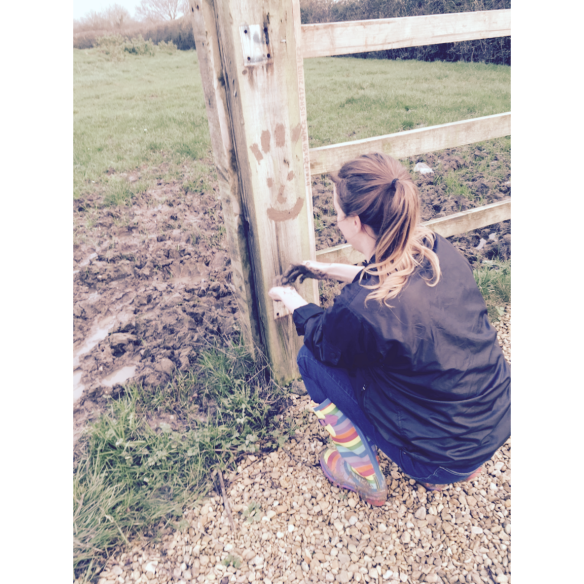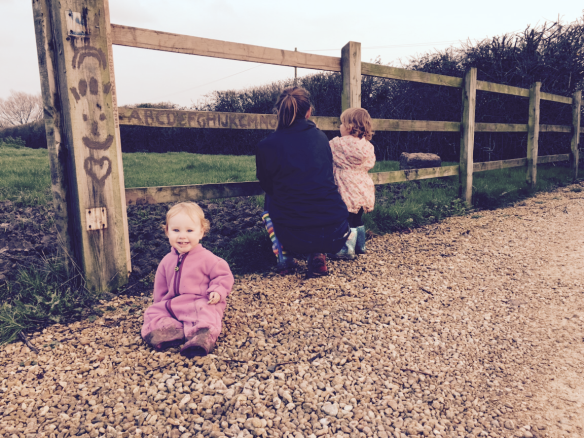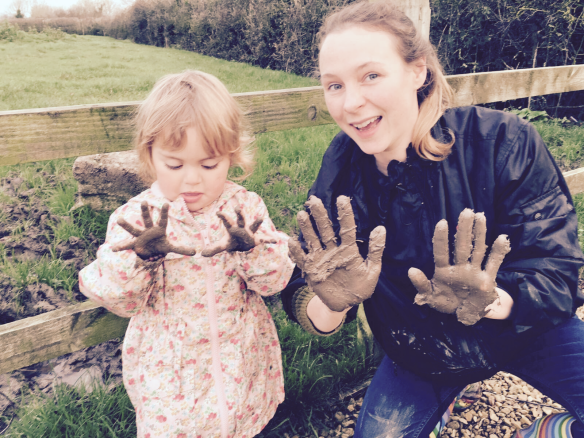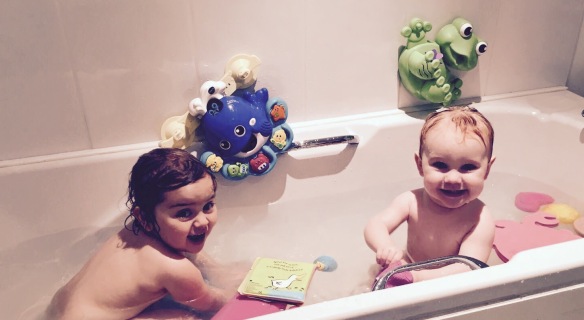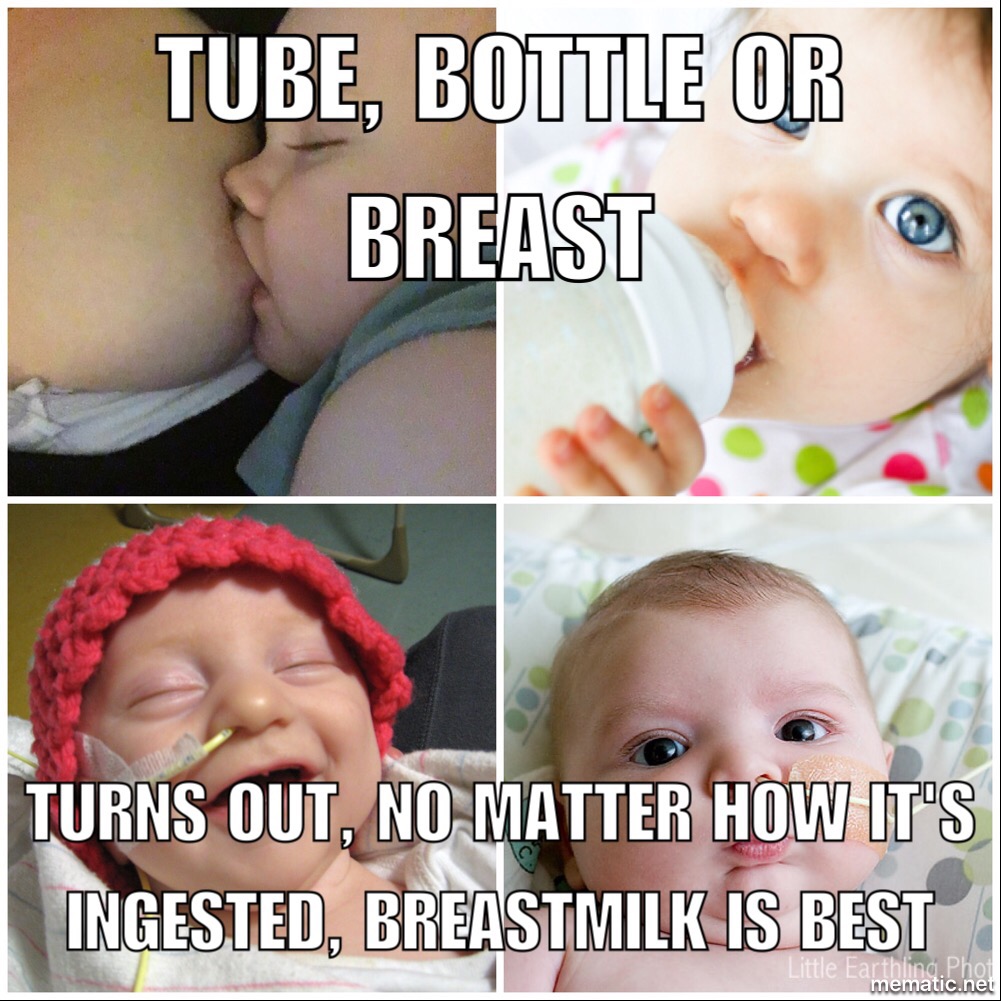I have recently stopped drinking coffee (OK, I may have the odd cup) after discovering too much caffeine gives me heart flutters. This comes after years of drinking the stuff. Years of working in coffee shops, where I would drink a good cup (or eight) of strong espresso coffee, in a single day, along with a Diet Coke addiction that lasted a good couple of years. The time has finally come to kick the caffeine and proceed with life, as healthily as possible, from now on.
I have to say that since I’ve stopped drinking coffee, my health has improved, somewhat. I’m generally less tired and, equally, less wired! I’ve come to realise that I never actually needed the stuff in the first place. If I’m tired, I know that I need to find the time to relax or get my head down, or start eating healthier foods in an attempt to put more nutrients into my body, rather than just make a coffee to help me push on through. As a result, I put less pressure on myself with day-to-day tasks and this got me thinking, if coffee didn’t exist, maybe more people would have this realisation and start looking after themselves a bit better. If they knew they would be tired in the morning, then perhaps they would go to bed a little earlier, instead. If they were tired from the endless list of jobs they have to do, daily, then maybe they could make some changes to that list, or share the jobs with a family member or friend, to reduce the pressure that it lays upon on them. Don’t get me wrong, im sure there would still be times where a good hit of caffeine could help us out, every now and then, but if coffee wasn’t so mainstream, then maybe we would generally lead much healthier and happier lives. It’s a small drop of resolution in an ocean of problems but it’s at least, something!
Essentially, the existence of coffee, or more, the way coffee is used, stands in the way of us working to solve the root problems of our tiredness, leading us to become ignorant to the importance of this aspect of our health and well-being.
The same can be said for many things but a big similarity, for me, is how this same process is taking place with the baby milk formula industry and the effect it is having on available breastfeeding support.
Let’s think, for a second, about the days before formula and how the human race has managed to survive without it. Yes, some women did have problems breastfeeding and those women needed to find an answer to their issue. So, let us first consider the kinds of problems women face with breastfeeding. If we take away the immense pressure mother’s face to supplement their babies with a bottle of formula, take away the cultural fears they face of breastfeeding in public, take away the plethora of misinformation about breastfeeding, which is popular in Western Society, today. Take away the ingrained image of bottle feeding, which is so widespread, today and contributes to many women believing their breasts must not be very good at their biological job, if so many others turn to it. And what are we left with? Mainly, issues that can easily be resolved with the correct breastfeeding support and advice. Then, a very small percentage of women who have problems with the tissue in their breasts, in which case, human donor milk should be made available, and a hand full of babies who develop an intolerance to lactose.
What we are left with, are common problems such as plugged ducts, mastitis and nipple pain. All of which can be prevented with the correct support and information but women are missing out on this because it simply isn’t as available as it should be.
So, why is it then, we are not working to provide this support that can help women succeed with their breastfeeding goals and overcome the issues they face?
Coffee is the second most sought commodity on earth, after crude oil. The exporting industry, alone, is worth $20 billion and the industry, itself, over $100 billion worldwide. Coffee makes people very rich! It provides many people, specifically those at the bottom of the industry ladder, with a basic wage. A means to live. Then it provides a small percentage of people, at the top of the ladder with the majority of the profit. Ladies and gentlemen, this is Capitalism.
In a consumer driven society and thanks to globalisation, the coffee industry has managed to grow very successfully. But how? Over 500 billion cups of coffee are drunk worldwide, every year but we didn’t always drink so much coffee. So why is it the case today? Quite simply, the answer is marketing and the ways in which marketing is driven. Millions of dollars are spent every year, to convince us we want or need coffee in our lives from Starbucks to Nescafé.
In order to build a brand and sell a product, companies must devise a good marketing strategy, which creates awareness of the brand to the target market. In order to do this, they need to understand their market and the psychology of consumer behaviour. This is done through market research. Once a company understands the consumer values held by their target audience, they can create a brand and advertising campaign that appeals to them enough to buy their product. A large coffee brand, one that holds a big piece of $100 billion pie, possesses the financial luxury to achieve this better than almost any other brand on earth. The richer the company, the better they will understand the psychology of their consumers and create more profit.
So what does all this have to do with baby formula?
The baby milk formula industry, is today estimated to be worth around $55 billion. So, much like coffee, it’s a pretty big commodity – which if you remember, is worth around $100 billion and the second most sought commodity on earth. Not only do they have the financial luxury and ability, to get to know their market better than most brands on earth but they, like coffee, own a product that is extremely cheap to produce, giving them the potential to make a lot of profit! So, I think it is fair to say that it is in their best interest to make this product as appealing to the market as possible. And, just like coffee, there wasn’t always a need for it!
Nestlé, were one of the first baby food brands to hit the market. Recognising that they faced some competition, they fought hard to win their leading position, with adverts that worked to destroy the reputation of their competitors and lied to naive parents about how closely it resembled a mothers own milk. This was only the beginning of Nestlé’s aggressive marketing history.
At the time, baby food was based on raw cows milk. However, by the 1930’s, evaporated milk formula had been developed and it became popular belief that evaporated milk formula, provided the same health benefits as human milk – a huge lie!. With the added affordability as a benefit, it wasn’t long before evaporated milk formula began growing in popularity.
Formula companies now had their work cut out for them, with most women breastfeeding, the leading brands needed to create a need for their product, where none existed, if they wanted to make any money. The only way to do this was to take on breastfeeding and human milk, itself. So, over the years, Nestlé worked hard to undermine and destroy breastfeeding, whilst promoting their product with misleading information, cheating parents the world over, into believing it was as good as human milk – See this article for more information on Nestlé’s highly unethical practices, over the years – New mothers were receiving promotional material for formula, free samples, pamphlets full of misguided information and sales assistants were hired to pose as nurses, in their uniforms, to drop by mothers’ homes to sell them baby formula and convince them that breastfeeding would lead to the mothers undernourishing their babies.
It didn’t stop there. Nestlé began to spread their aggressive marketing practices and lies in underdeveloped countries. Countries where without clean water and sanitary conditions to make up the bottles of formula, babies died. Aware of this, Nestlé decided to turn a blind eye and continue in their greed for profit.
Their marketing became so aggressive that it prompted a group of activists, known as Infant Formula Action Coalition, to come together and campaign for tighter laws for the marketing of baby milk substitutes. After years of campaigning and overcoming much resistance from Nestlé, they finally won and in 1981, The International Code of Marketing Breast-Milk Substitutes was created.
However, by now, many women and many health professionals, worldwide were still under the belief that formula was just as good and, in most cases, better than breastmilk. The rumours were already out there and the damage could not be undone. Like the common cold, anyone who was exposed to the lies spread by Nestlé would continue to spread them. There work was done.
Since then, breastfeeding rates around the world have plummeted and many breastfeeding specialists and advocates have worked tirelessly to change societies perception of breastfeeding and infant formula and bring us back to normality but as the marketing of infant formula is still prevalent, today, it is a very difficult task indeed.
What is more important to note, is that as a result of the normality of bottle and formula feeding, we have now forgotten the art of breastfeeding. What once would have came so natural to us, as humans in our communities, has vanished.
Good breastfeeding support is needed now more than ever! But the lies and myths about breastfeeding are still deeply ingrained into our health services and the minds of the people around us, especially our health professionals. I hear it so often from mothers who wanted to breastfeed, echoing the words from those paid sales assistants in nurses uniforms, many moons ago, “I couldn’t do it. My milk wasn’t filling him”, “I wanted to breastfeed but my milk wasn’t giving her everything she needed.” If it isn’t this it’s that they wanted to breastfeed but there was too much pain or some other issue that could have been easily prevented/fixed had they been given the correct information and support.
So many women have turned to formula under the belief that their breasts were somehow not good enough. So many women are left feeling like total failures and feel they must defend their decision to formula feed, like the world and his aunt must think they are such a bad mother. Well, I’m here to set the record straight. No woman is formula feeding because they are a failure. No woman is formula feeding because they are a bad mother. You are formula feeding because one day, not so many years ago, someone paid a lot of money to make sure you do.
And now, it’s time we put a stop to it. Did you want to breastfeed but believe that you couldn’t? Question it! Did you want to breastfeed but bought bottles and formula “just in case” and then ended up using them? Question it! Did you want to breastfeed but thought bottle feeding would be easier because your partner could help out? Question it! Did you want to breastfeed but it hurt too much? Question it! Question everything! Find out why and then make damn sure it doesn’t happen to anyone else!
For as long as formula exists and for as long as the idea exists that it is good enough for our babies, breastfeeding support will continue to be less than good enough.
Not so many years ago, most* women breastfed just fine. No problems. And together, we can make that happen again.
Connect with me on Facebook to stay updated on my posts!
***EDITED TO NOTE***
In response to questions regarding the truth of my claim that mothers are today told that their milk is not good enough, I have to add an example of this.
I am a breastfeeding peer supporter and it’s actually a very common issue. Problems usually start when babies hit their first growth spurts. Typical growth spurt behaviour is fussing at the breast, latching on and off all the time and this can make it seem like the baby is hungry. It’s not uncommon for the people around her and her midwife/HV to tell the mum that it’s likely her supply isn’t good enough and to top up with formula (out-dated advice). It’s well-known that babies should be breastfed on-demand in order to sustain a women’s supply. So offering a bottle of formula as a top-up actually works to reduce her supply. Baby appears happy and more settled when offered a bottle of formula, because it fills him up more and it’s harder for him to digest, so he goes to sleep longer before needing another feed. This is called The Top Up Trap. Obviously, as a result of the supply and demand process being messed with, the mum starts to produce less milk and then feels pushed to offer even more formula, until eventually, baby is either combi-fed or fully formula fed. Fine if that was the mums choice! But far too often, it wasn’t. And it was totally unnecessary. The advice undermined the mothers ability to nourish her child with her breasts, she lost confidence and turned to formula, unnecessarily. Then there are the problems which surround a breastfed baby gaining weight. Too many HV’s express concern when they don’t gain as much as a formula fed baby. However, this is completely normal for the breastfed baby and it’s a result of lack of training. There are many more issues I could talk about but this is a good example of what I mean. Important to remember that around 75% of women were breastfeeding when formula had been invented. Today, only 1% of women are still exclusively breastfeeding by 6 months.





